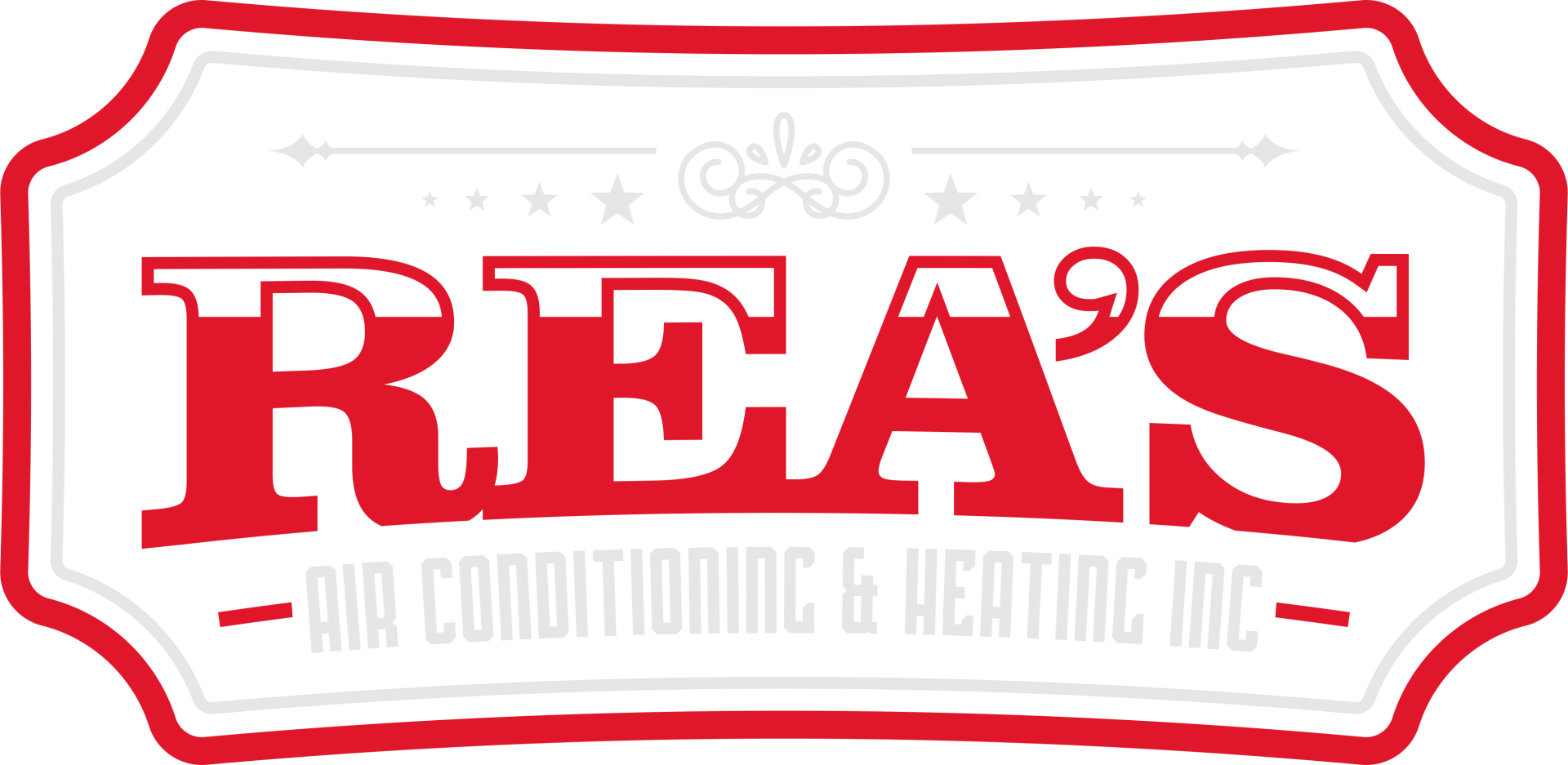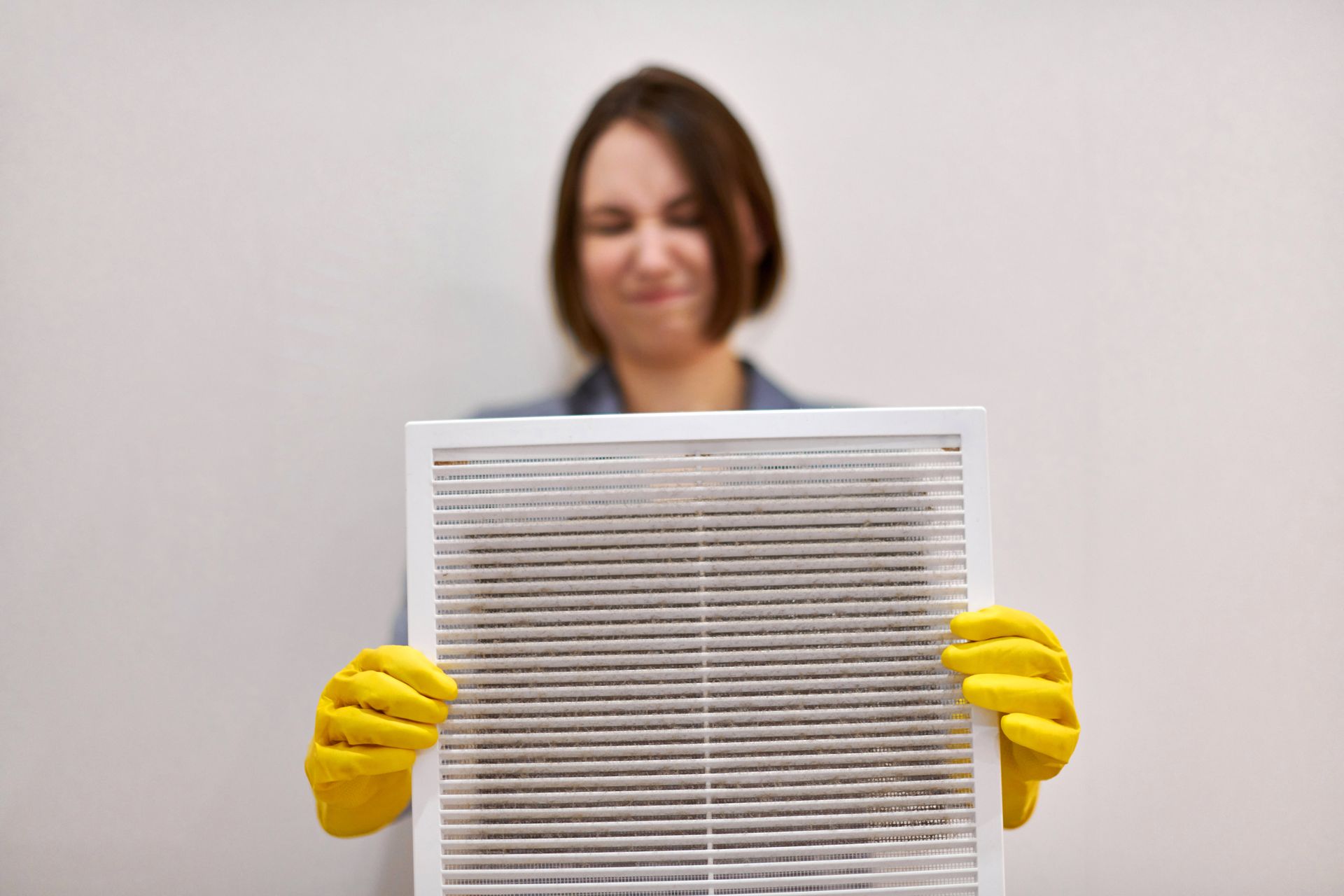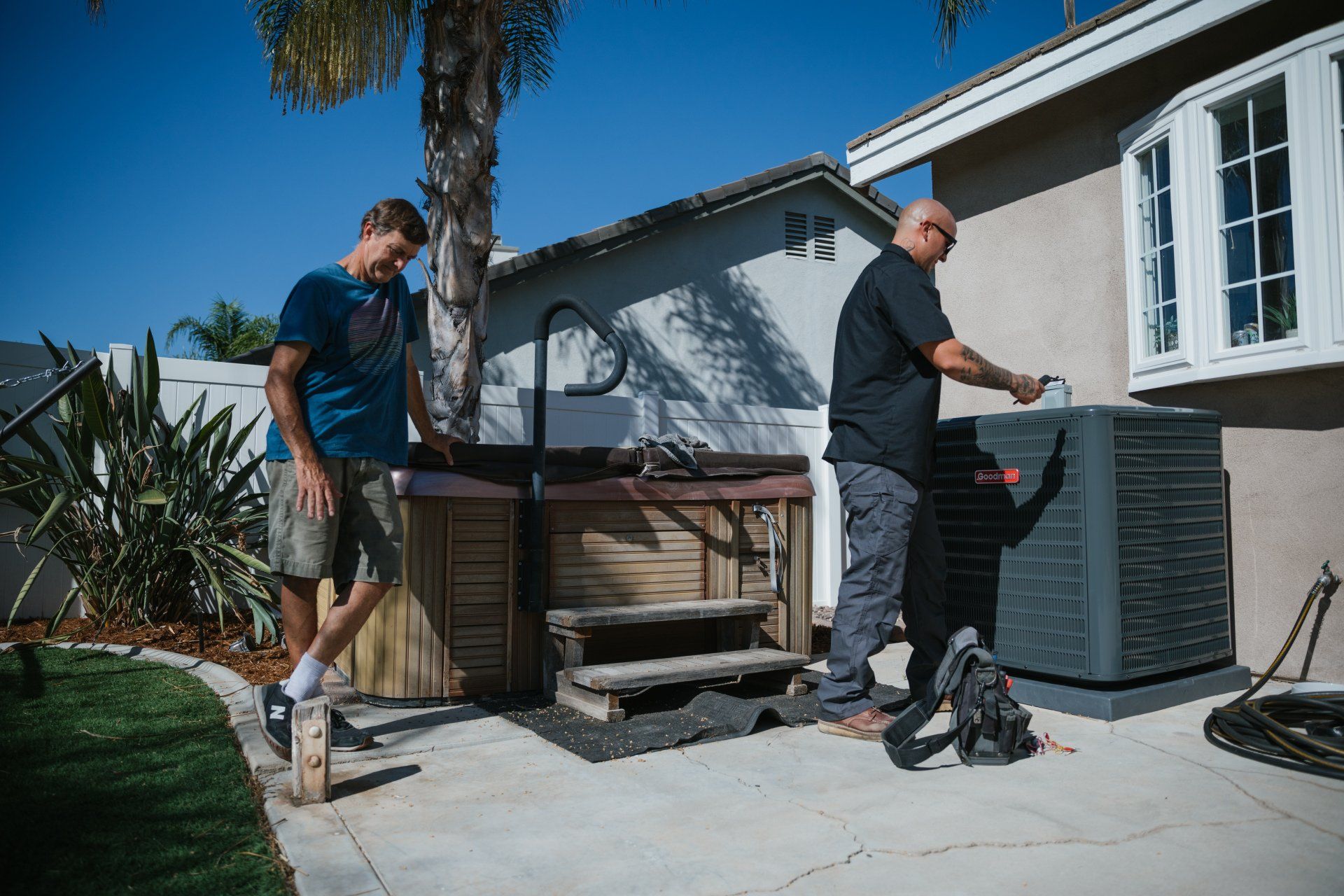Out with the Old, In with the Efficient: Key Signs, Considerations, and Benefits of Replacing Your Aging HVAC System
As seasons change and years pass, the silent sentinel maintaining our home's comfort is the often-overlooked HVAC system. Like any long-serving soldier, even the most steadfast HVAC systems will eventually show signs of wear, demanding either costly repairs or a complete replacement. Here, we'll explore the telltale signs that your HVAC is nearing retirement, the essential factors to consider when contemplating a replacement, and the myriad benefits of updating to a newer, more efficient system.
Key Signs Your HVAC System is Aging:
- Frequent Repairs: If you're regularly calling in the cavalry (aka your HVAC technician) for repairs, it may be more cost-effective in the long run to replace rather than repair.
- Increased Energy Bills: Notice a steady uptick in your energy bills without a corresponding increase in usage? An aging HVAC system can become less efficient, consuming more energy to maintain the same performance.
- Inconsistent Temperatures: If some rooms feel like the Sahara while others resemble the Arctic, it might indicate a deteriorating system that's struggling to distribute air evenly.
- Strange Noises or Odors: Bumps, bangs, and musty smells can all signify serious problems with your HVAC system.
- System Age: Most HVAC systems have a lifespan of 15-20 years. If yours is pushing two decades, it may be time for an upgrade.
Considerations Before Making the Switch:
- Energy Efficiency Ratings: Investigate the Seasonal Energy Efficiency Ratio (SEER) for air conditioners and the Annual Fuel Utilization Efficiency (AFUE) for furnaces. The higher the rating, the more efficient the unit.
- Size and Capacity: An oversized or undersized HVAC system can lead to inefficiency and increased wear. Consult with a trusted HVAC professional to determine the right size for your home.
- Advanced Features: Modern HVAC systems come equipped with features like programmable thermostats, zoning systems, and variable-speed motors, which can enhance comfort and efficiency.
- Cost and Financing: While a new system is an investment, many companies offer financing options. Additionally, consider long-term savings in energy costs and potential tax credits or rebates.
- Reputation of Manufacturer and Installer: Do your research and choose established brands and trusted local installers with positive reviews and proven track records.
Benefits of a Newer, Efficient HVAC System:
- Lower Energy Bills: A new system, optimized for efficiency, can translate to significant savings on your monthly bills.
- Increased Home Value: A modern HVAC system can enhance the market value of your home, making it more appealing to potential buyers.
- Better Air Quality: Advanced HVAC systems often come with better filtration, leading to reduced allergens, pollutants, and humidity levels.
- Consistent Comfort: Enjoy uniform temperatures throughout your home, without the hot and cold spots characteristic of aging systems.
- Peace of Mind: With a new system, you'll have fewer breakdowns, reduced maintenance needs, and extended warranties.
The Role of Rea's HVAC in Your Upgrade Journey:
When considering a substantial investment like replacing your HVAC system, the expertise and guidance of seasoned professionals are invaluable. Rea's HVAC stands as an industry beacon, offering comprehensive consultations, installations, and maintenance services. Their team of certified experts can navigate you through the decision-making process, ensuring you select a system tailored to your unique needs.
In Conclusion:
While parting with an old HVAC system might evoke a tinge of nostalgia, the benefits of embracing a modern, efficient system are manifold. From tangible financial savings to the intangible comfort of a consistently temperate home and improved air quality, the decision to upgrade is clear. And with trusted professionals by your side, the transition promises to be smooth, ensuring that your home remains your sanctuary, regardless of the whims of external weather. Out with the old and in with the efficient, indeed!






